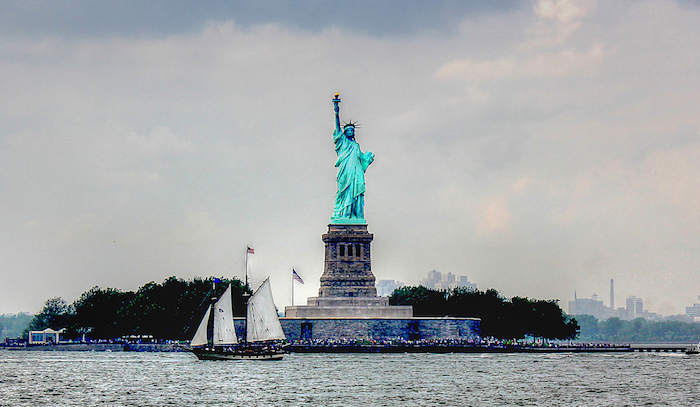Understanding Liberalism in International Relations Theory
Introducing Liberalism in International Relations Theory 🔗

The text introduces liberalism in International Relations Theory, highlighting its evolution as a distinct entity within IR. Liberalism emphasizes individual rights and the limitation of political power, both domestically and internationally. It contrasts with realism by offering a more optimistic worldview and advocating for democratic peace. The liberal world order, established post-World War II, is structured around international institutions, free trade, and liberal norms. Liberalism's focus on absolute gains and the role of international organizations in fostering cooperation is a key aspect. The text also explores the application of liberal theory in American imperialism, demonstrating how institutional and normative restraints influence foreign policy decisions. Overall, liberalism is portrayed as a theory firmly rooted in evidence and a deep theoretical tradition.
- Liberalism emphasizes individual rights and the limitation of political power
- It contrasts with realism by offering a more optimistic worldview and advocating for democratic peace
- The liberal world order is structured around international institutions, free trade, and liberal norms
- The text explores the application of liberal theory in American imperialism, demonstrating how institutional and normative restraints influence foreign policy decisions